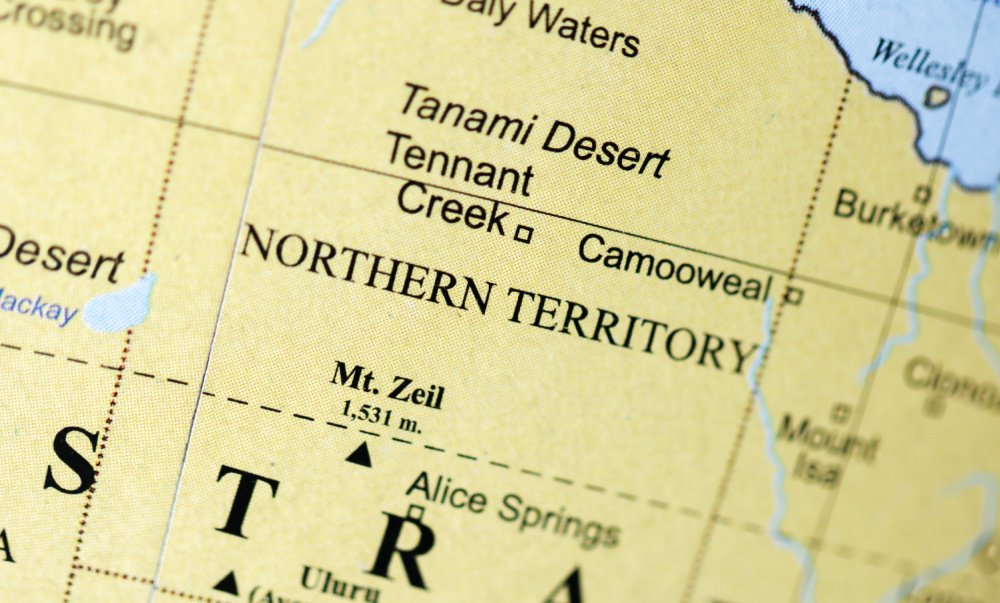Alcohol restrictions will return to the Northern Territory when legislation is passed at government's first sitting next week making town camps and communities dry zones.
The decision follows the findings made in the report by Central Australian Regional Controller Dorelle Anderson commissioned by Prime Minister Anthony Albanese in late January.
The report was delivered to both the Australian and NT Governments last week and said that alcohol consumption, property offences, alcohol-related assaults and domestic violence are all on the rise. It said that domestic violence in Alice Springs iss at "historically high" levels.
The report recommends amendments to the Liquor Act 2019 so that town camps and communities return to alcohol-free zones. If the community wishes to introduce responsible drinking options, it will need to develop a Community Alcohol Management Plan. This will need to be approved by the Director of Liquor and Licensing Communities and be supported by at least 60 per cent of the population in that community.
It also looks beyond the use of alcohol and recommends that the federal and territory governments work together 'to tackle the extreme poverty and social disadvantage', delivering funding ‘so that the cycle of intergenerational trauma and disadvantage can truly begin to be broken’.
Australian Government will invest $250 million in a plan for A Better, Safer Future for Central Australia to support community, youth and family safety, job creation, services and the preventions and issues of Foetal Alcohol Spectrum Disorders.
This support is in addition to the $48 million investment in community safety announced by the Australian Government on 24 January.
Australia’s Aboriginal and Torres Strait Islander Social Justice Commissioner, June Oscar, at the Australian Human Rights Commission is supportive of the action as well as the promise of consultative action with the communities.
The alcohol restrictions ended abruptly last year despite calls from community voices warning of the violence, crime and social upheaval that would occur.
“If governments had listened to and acted on the advice of community in Alice and beyond, a very different approach would have happened long ago. And in Alice, if community had been listened to before July 2022, then we would not be in the midst of the crisis we are witnessing right now.
“This crisis has been a wake-up call for many. Governments must now use this opportunity to work together in genuine partnership with First Nations communities and organisations to target the systemic causes of trauma, harm and social unrest, allowing new systems for housing, health and the economy to emerge," Ms Oscar said.
Share the content










